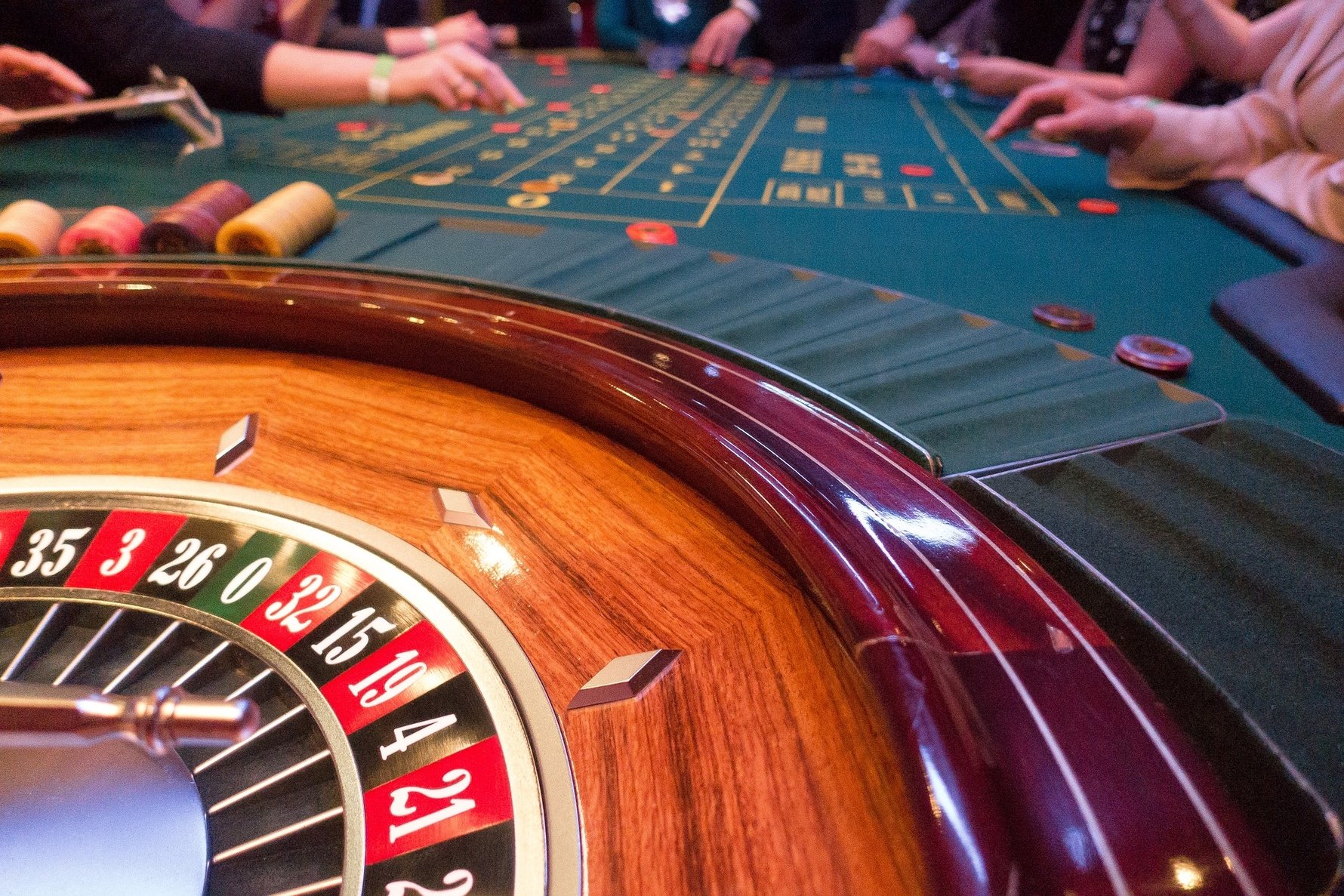
A world of entertainment has seen many transformations over various years, but not many have captured the imagination and thrill of gamers quite like gambling games. Originating in the vibrant halls of Las Vegas, Nevada and Atlantic City, these games have spilled over boundaries and societies, becoming a worldwide phenomenon. From the dazzling lights of a mega-resort to the comfort of virtual platforms, the allure of gambling games is undeniable, drawing millions into a world of luck and tactics.
As an increasing number of nations accept betting in various forms, the influence of American gambling is obvious. They have not only shaped local gaming industries but have also sparked countless adaptations and innovations worldwide. Classic games such as the poker and blackjack, along with new variations, have created a shared language of entertainment that resonates across diverse populations. The combination of gambling risks, rewards, and social engagement found in these games fosters a distinct sense of belonging, further solidifying their place in the international entertainment sphere.
Cultural Summary of U.S. Casino Activities
U.S. casino games have a rich and varied history that reflects the societal evolution of the U.S.. zorototo The origins of these activities can be traced back to multiple European gaming practices introduced over by colonists. Games like the poker game, the blackjack game, and roulette found their way into the mosaic of American culture in the 19th century, gaining fame in bars and steamboats. These venues offered the perfect backdrop for social interaction and competition, establishing a strong foundation for casino gambling as we recognize it today.
As the country expanded westward, gaming evolved alongside it. The gold rush era in the mid1800s witnessed the rise of gaming communities such as Deadwood and Tombstone, Arizona, where games were played with high stakes, frequently punctuated by an air of lawlessness. This period set the stage for the establishment of casino games in the beginning of the 20th century, especially with the creation of Las Vegas as a gaming hotspot. The construction of lavish casinos transformed the gambling environment, establishing an atmosphere where games could thrive and attract tourists from around the globe.
In recent decades, the approval of casino gaming in multiple states has additionally expanded the variety of games available. American casinos now offer a mix of traditional games and innovative options that serve to contemporary players. This growth has allowed for a distinct fusion of traditional and new, facilitating the ongoing development of casino culture in the U.S.. The international influence of these games has also led to their incorporation into international gambling markets, showcasing the enduring impact of U.S. casino games across the world.
Global Acceptance and Impact
The rise of U.S. gambling games has marked a notable shift in the international gambling landscape. With their appeal crossing borders, these games have enthralled players around the globe. From poker tournaments to fruit machines, American styles have established a place in many international casinos. This transfer of culture highlights how versatile and compelling these titles are, tailoring to local tastes while preserving their timeless American charm.
Moreover, the influence of these titles goes beyond traditional gambling venues. Digital platforms have played a crucial role in popularizing U.S. casino games, making them accessible to gamers worldwide. The ease of online gambling has introduced millions to opportunities that were once limited to physical casinos. Players can now play their beloved games from any location, creating a new wave of excitement and growing the gamer base considerably.
This global acceptance is also reflected in the incorporation of American casino titles into local traditions. Countries that have embraced these games often organize their own versions and competitions, mixing local customs with American gambling traditions. This fusion not only enriches the gambling journey for players, but it also highlights the powerful impact that U.S. casino titles have on both leisure and social interaction across various cultures.
Social Adjustments and Improvements
Gambling games have undergone notable changes as they spread across different societies. Every area has absorbed features of U.S. gambling while infusing its own customs and practices. For example, the rise of digital casino platforms has enabled for the integration of local character into classic games like Texas Hold’em and 21. Gamblers now experience variations that include regional betting styles and distinct rules, making the games more accessible and welcoming for different crowds.
In many nations, the appeal of casino games has led to the development of localized editions that showcase cultural themes and narratives. This flexibility has paved the way for creative game development that connects with players on a individual level. Slot machines, for instance, now showcase imagery and audio that celebrate local heritage, legends, and pop culture, which in turn improves the gaming experience and promotes a feeling of belonging among gamblers.
Moreover, the worldwide impact of American casino games has inspired new game formats and hybrid formats. Some establishments have combined traditional gambling with amusement aspects, such as live performances or engaging technology, leading to a more immersive atmosphere. These innovations not only attract a broader crowd but also guarantee that the essence of gambling continues to evolve, connecting gaps between diverse cultures while preserving the excitement that gambling games are known for.